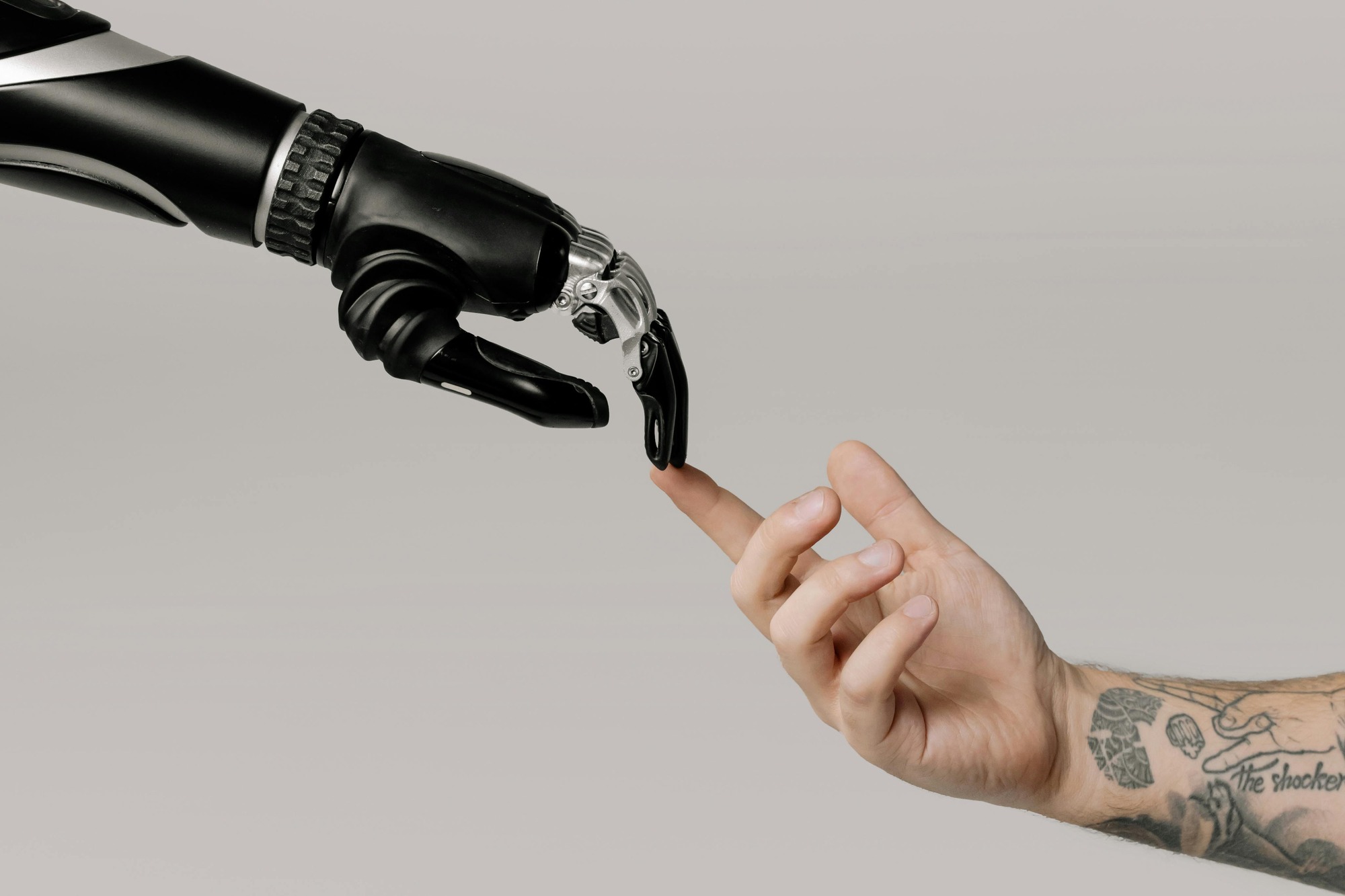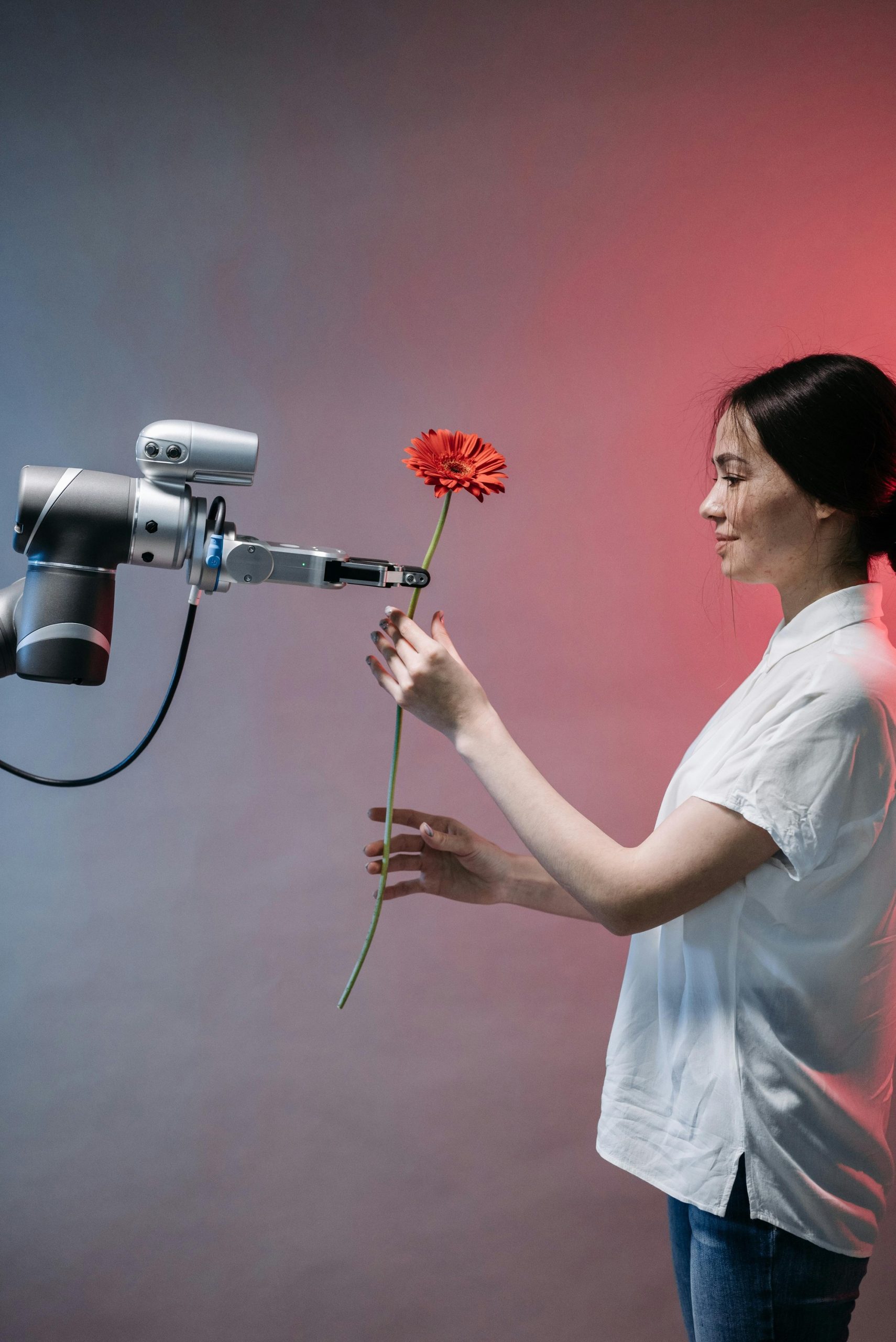
The idea of falling in love with a robot used to sound like the plot of a sci-fi movie. Now, it’s just another notification away. Across the world, people are forming intense, emotional, and even romantic connections with AI companions. These digital beings are more than chatbots. They remember your preferences, mimic emotional intelligence, and respond like they genuinely care. But can a relationship without a real heartbeat still be real? And why are so many people turning to AI for companionship?
Why AI Companions Are So Appealing
AI relationships are often built through apps like Replika, Anima, and others, which allow users to create customizable avatars or personalities to talk with. These AI companions learn from every interaction, becoming more personalized over time. They don’t judge, interrupt, or ghost you. They’re always available, always patient, and always seem to understand. For many, that’s more than they can say about their last date.
The appeal lies in emotional safety. AI doesn’t play games or make you feel small. It can simulate affection, send compliments, or even engage in flirtation. Over time, users can grow attached—deeply attached. Some even say they’re in love.
Loneliness Is a Major Driving Force
Loneliness is a silent epidemic. Whether due to the pandemic, busy lifestyles, or the struggle to find meaningful connections in an era of dating apps and distractions, many people are simply lonely. AI offers a low-risk way to meet the need for connection.
You can talk to your AI companion while brushing your teeth, walking your dog, or winding down after work. It becomes a part of your day, a presence in your life. And, like any consistent presence, it starts to feel essential.
The Line Between Real and Artificial Emotion
One of the most fascinating parts of AI companionship is how human it can feel, even though you know it’s not. The emotional responses are learned from patterns and data, not feelings. Yet people report crying during heart-to-hearts with their AI, feeling butterflies during flirtatious exchanges, or even celebrating anniversaries with them.
This blurring of emotional lines is both powerful and controversial. Critics argue that it encourages emotional delusion, while others say it’s no different than the comfort we get from books, TV characters, or imaginary friends. The brain, after all, responds to connection, whether or not it’s “real.”

Can AI Love You Back?
Here’s where things get complicated. AI can simulate affection, but it doesn’t experience it. It doesn’t feel sadness when you’re having a bad day, and it won’t miss you when you’re gone. Still, people aren’t necessarily looking for their AI to feel love. They want to feel loved themselves. For many users, it’s about emotional support, not mutuality. And that shift in expectation may redefine what love even means in the digital age.
Are These Relationships Healthy?
The answer depends on how someone is using their AI companion. For some, it’s a supplement to their existing relationships or a way to practice communication skills. For others, it becomes their primary emotional outlet.
Experts worry that dependency on AI might reduce a person’s motivation to engage in real-life social interactions, leading to isolation or emotional detachment. But others argue it can actually serve as a stepping stone for healing and self-understanding, especially for those dealing with social anxiety, trauma, or loneliness.
The Future of AI and Romance
AI is evolving fast, and romantic relationships may be just the beginning. As technology becomes more integrated into daily life, we may see AI partners who remember anniversaries, suggest dates, offer real-time emotional check-ins, and even help mediate arguments with real-life partners. Whether that sounds comforting or creepy probably depends on your current relationship status.
Some experts believe that AI companions will become so advanced that laws or ethics may need to catch up. What rights do AI entities have? Can a human-AI relationship be recognized in any legal way? Could people become too emotionally invested in something that can be turned off?
The New Future of Dating?
The rise of AI companions speaks more to our human needs than it does to tech innovation. People crave attention, empathy, intimacy, and understanding. In a world where real connection can feel hard to come by, AI offers a controlled, comforting, and curated alternative. But as with any relationship, it’s worth asking: is it enhancing your life or replacing parts of it?
Would you ever fall for an AI companion, or do you think love should always come from another human being?
Read More:
How Artificial Intelligence is Reshaping the Job Market
14 AI Developments That Might Change the World for Worse
Riley is an Arizona native with over nine years of writing experience. From personal finance to travel to digital marketing to pop culture, she’s written about everything under the sun. When she’s not writing, she’s spending her time outside, reading, or cuddling with her two corgis.










